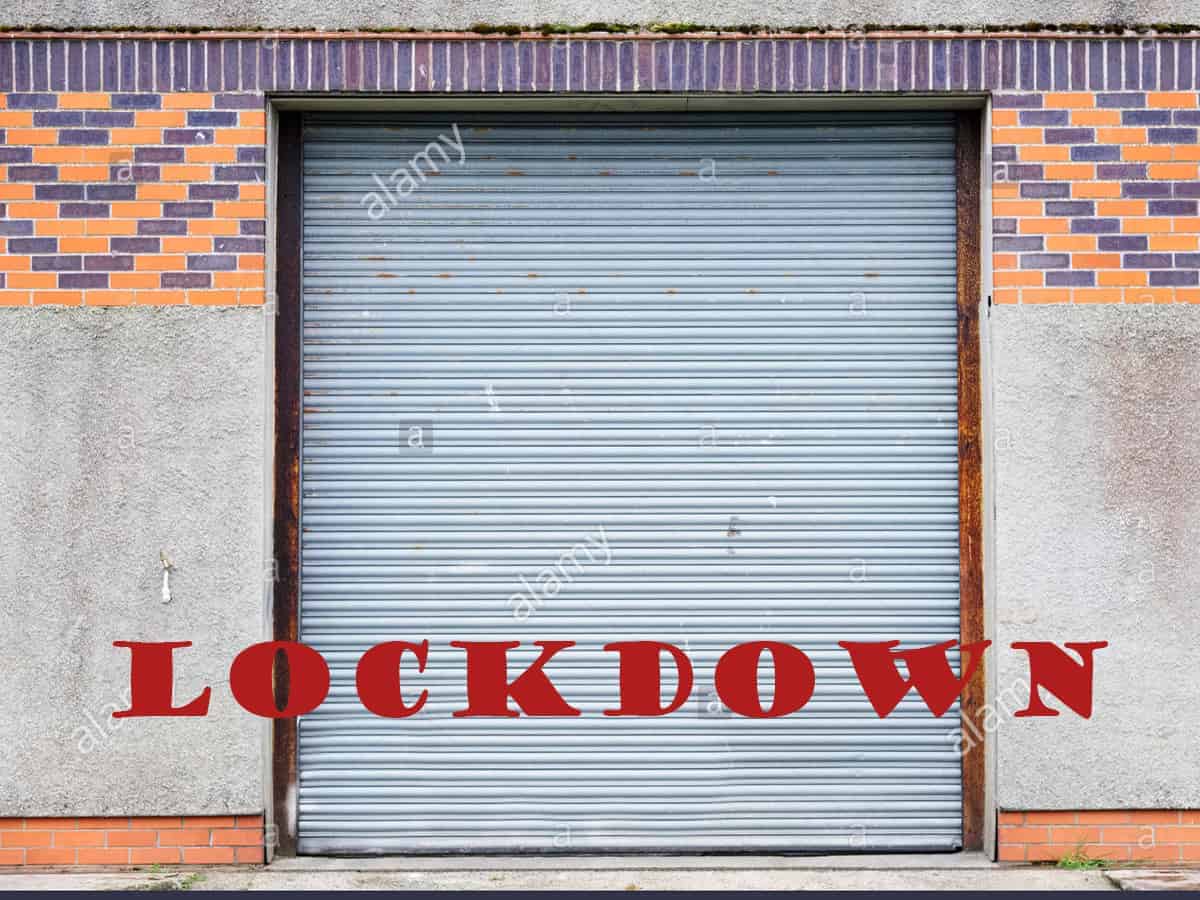New Delhi: Restrictions will be eased in non-containment areas from April 20, the government said on Sunday.
“From 20th April onward, restrictions will be eased in non-containment areas, but containment areas in hotspots districts will not be given any relaxation,” said Lav Agarwal, Joint Secretary, Ministry of Health and Family Welfare, at the daily press briefing.
Hotspots are the areas with large Covid-19 outbreaks or clusters with a significant spread. Within hotspots, local administration demarcates containment zones and buffer zones to control disease spread.
“For places where selective relaxations are granted, administrators must ensure that strict compliance of existing lockdown measures is done and preparatory actions related to social distancing are being followed in offices, workplaces, factories and establishments,” he added.
Within containment zones, activities shall not be permitted within a strict perimeter control except for essential services, Agarwal added.
As this is a rolling criteria, if cases are reported from some other places, then these places can also become part of the red zone and containment zone. For the containment zones, they should strictly implement lockdown measures so they can gradually return to normalcy.
The Ministry said that there have been no new cases in 54 districts in 23 states and Union Territories in the country in the last 14 days.
This includes 10 new districts, including Bihar’s Gaya and Saran, Uttar Pradesh’s Bareilly, Punjab’s Fatehgarh and Rupnagar, Haryana’s Bhiwani, Hisar and Fatehabad and Assam’s Kachar and Lakhimpur.
Agarwal also said that a high-level task force has been formed to work on the frontiers of science related to drug testing and vaccines. This task force is co-chaired by Member (Health), NITI Aayog and Principal Scientific Advisor to the Prime Minister.
Apart from this, other members are representatives from AYUSH Ministry, the ICMR, Departments of Science and Technology, and Biotechnology, the Council of Scientific and Industrial Research (CSIR), the DRDO, the Directorate General of Health Services (DGHS) and the Drug Controller General of India (DCGI).
This Task Force will expedite coordination of work done by all Ministries on the issue related to vaccine development.
This will further enable to speed up the research work carried out through international efforts by academia and research institutions. Also, as the Department of Biotechnology has been a nodal agency for vaccine development, their efforts will be focussed towards identifying pathways for vaccine development.
Through the Task Force, the government will further facilitate, keep track and monitor the progress of national and international efforts in vaccine development.
The Task Force will focus on “clinical cohorts” which will focus on long-term follow up of people for having better understanding of disease and management.

